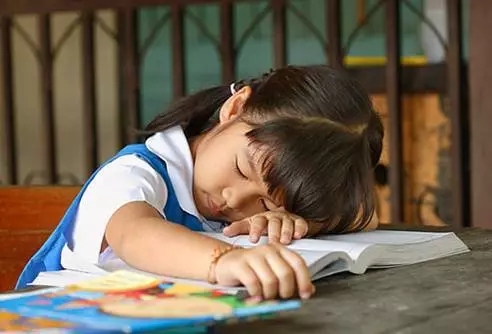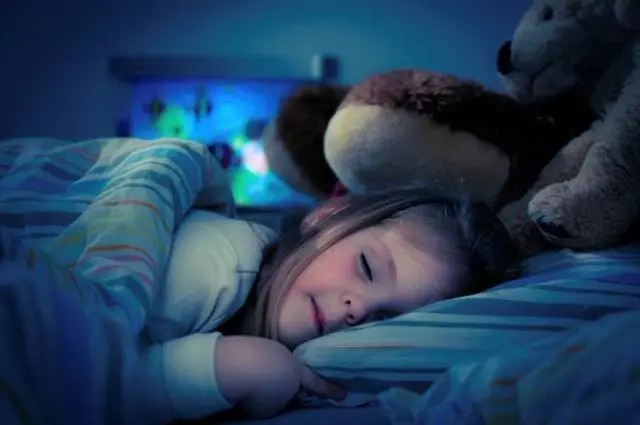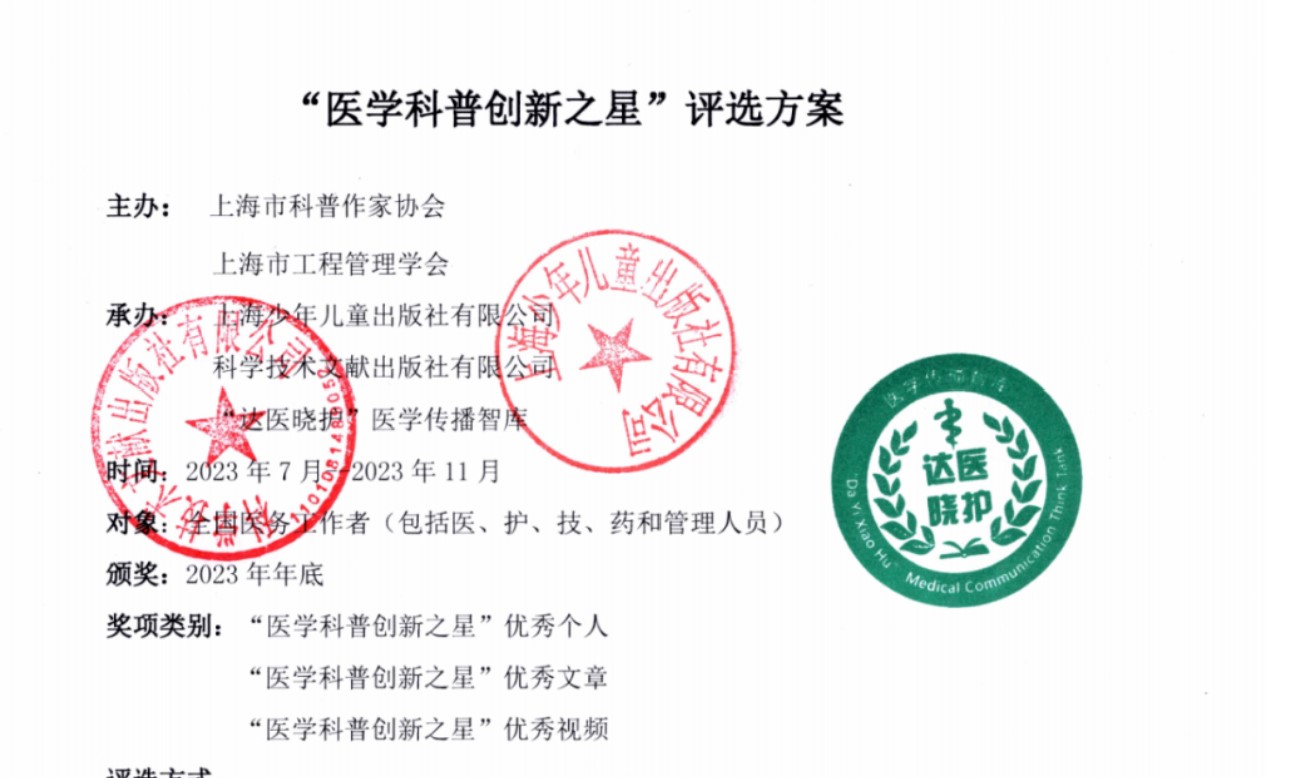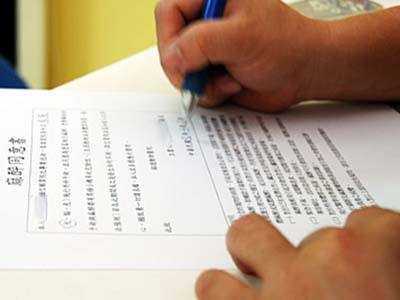
在最近出版的Pediatrics 9月刊中发表了一篇关于学龄儿童睡眠时长和2型糖尿病关系的研究。结果显示,睡眠不足的儿童罹患2型糖尿病的风险会增高,包括血糖水平上升以及胰岛素抵抗;研究同时也证实了睡眠不足和高肥胖风险的关系。
这项由英国伦敦大学圣乔治学院领衔的研究纳入了4500多名9到10岁的不同种族的英国儿童。研究者们分析了血液检查,问卷调查的数据以及身高体重等指标,发现这些儿童平均每晚睡眠时间10.5个小时,处于正常的推荐范围。结果显示,睡眠时间较长的儿童体重相对较轻,体脂水平较低。同时,睡眠时长和胰岛素水平,胰岛素抵抗及空腹血糖水平成反比。每多一小时的睡眠,空腹血糖水平下降0.24%,胰岛素抵抗水平下降2.9%。专家们研究的最后结论是,儿童睡眠时间与2型糖尿病风险呈负相关,但还需要进一步的干预性研究来证实其中的因果关系。
Associations between sleep duration and Type 2 diabetes and obesity risk markers in adult population have been established. A recent study published in September 2017 Pediatrics examined associations between sleep duration and the risk of Type 2 diabetes in children. It has found that children who slept less had higher risk factors of Type 2 diabetes, including higher levels of blood glucose and insulin resistance. It also confirmed an association between shorter sleep duration and higher levels of body fat.
This study included more than 4,500 children of multi-ethnic descent, aged 9-10 years, in England. Researchers analyzed the blood sample results, questionnaire data and body measurements. It found children slept 10.5 hours per night averagely which is in the normal recommended range. Children who slept longer had lower body weight and lower levels of fat mass. Sleep duration was also inversely related to insulin, insulin resistance and blood glucose. The authors found that increasing the mean weekday sleep duration by one hour could be associated with 0.24% reduction in fasting glucose and a 2.9% lower insulin resistance. It is concluded that there were an inverse association between sleep duration and Type 2 diabetes risk markers. Future intervention studies are needed to establish the causality of these associations.
看到了这项研究结果, 让我不禁想到了目前社会上热议的生物钟的话题,今年的诺贝尔生理学或医学奖颁发给了三位研究关于昼夜节律的分子机制的美国遗传学家。得奖的主要研究内容是生物钟的核心机制。人体内部拥有一种特殊的内部时钟,帮助预料并且适应每天的节日律。几乎每个细胞都有一套生物钟,不同的组织和细胞协同调控行为和生理过程,生物钟紊乱会引发很多问题。让我们再一起来看下,2016年由美国睡眠医学会出台《儿童睡眠时间的推荐》。这个指南是由13名睡眠医学专家组成的委员会查阅了864篇相关的科研论文后撰写完成,并得到美国儿科学会承认及支持。

指南阐述了有规律而充足的睡眠有益于孩子身心的健康,可以集中注意力,改善行为问题,提升学习和记忆能力,有利于情绪管理,总体提高孩子的生活质量。相反,如果每晚没有得到充足的睡眠,不仅影响学习,注意力,情绪,人际交往,孩子还会因为行动或反应迟缓而容易受伤,并存在有有高血压,肥胖,和抑郁症的高风险和其他健康问题。在缺乏睡眠的青少年中甚至会有自我伤害或自杀的念头。但是,如果孩子睡眠时间经常大于他的年龄阶段所需要的,也会对健康出现负面的影响,包括,高血压,糖尿病,肥胖,和精神疾病。
The American Academy of Sleep Medicine (AASM) released the Recommended Amount of Sleep for Pediatric Populations in 2016. A panel of 13 sleep experts reviewed 864 scientific articles to formulate this recommendations, which has been endorses by the American Academy of Pediatrics. The guideline stated that children are likely to see the benefits of regularly getting adequate number of sleep hours, including improved attention, behavior, learning, memory, emotional regulation,and quality of life. In contrast, not getting enough sleep every night affects schoolwork, attention, mood, and interactions. In addition, it has a greater risk of injuries, hypertension, obesity and depression and other health problems. Research has shown that teens who don't get adequate sleep may have an increased risk of self-harm or suicidal thoughts. However, the authors noted, kids who regularly sleep more than what's recommended for their age group also may have a higher risk of adverse health outcomes, including high blood pressure, diabetes, obesity and mental health problems, according to the guidelines.
好了,这下我们清楚了,每晚规律而又充足的睡眠的确很重要哦!不管家里那个是牛娃还是普娃,为了身体这个革命的本钱,为娘都应该(li zhi qi zhuang) 合理安排(bu) 鸡娃的时间,早点嘻唰唰,保证娃(wo) 充足的睡眠 (fang fei)时间。

问题来了,睡的少不好,睡得多也不行,那么,小朋友每晚该睡多久?别急,下面小编找来了美国儿科学会和美国睡眠医学会关于睡眠时间的共识和指南给大家作参考:
根据美国儿科学会和美国睡眠医学会的推荐,不同年龄阶段的孩子所需的睡眠时间也是不同的。总的来说,大多数孩子需要8到12小时不等的睡眠时间以保证能有合理的身高。请大家根据年龄自行对号入座自家娃每24小时所需要的睡眠时间吧:
新生儿到3个月大的婴儿:14-17小时(包括日间小睡)
4个月到12个月大的婴儿:12-16小时(包括日间小睡)
1岁到2岁幼儿:11-14小时(包括日间小睡)
3岁到5岁学龄前儿童:10-13小时(包括日间小睡)
6到12岁学龄儿童:9-12小时
13到18岁青少年:8-10小时
18岁以上:7-9小时
Overall, most kids need at least 8 to 12 hours sleep each night to growing properly. According to the American Academy of Pediatrics, kids need different sleep hours at different ages:
Newborns 0 to 3 months - 14 to 17 hours of sleep every 24 hours (including naps).
Infants 4 to 12 months - 12 to 16 hours of sleep every 24 hours (including naps)
Children 1 to 2 years - 11 to 14 hours of sleep every 24 hours (including naps).
Children 3 to 5 years - 10 to 13 hours of sleep every 24 hours (including naps).
Children 6 to 12 years - 9 to 12 hours of sleep every 24 hours.
Teens 13 to 18 years - 8 to 10 hours of sleep every 24 hours.
Ages 18 years + - 7 to 9 hours of sleep every 24 hours
那么, 如何帮助家里的学生娃晚上睡个好觉?
1.建立一个规律的睡眠时间表
父母可以帮助孩子一起制定睡眠时间表,并保证遵守,做到每天在同一时间入睡和起床。在睡前半小时可以规划给孩子放松,并提醒孩子开始准备睡觉。

2.坚持良好的睡前习惯
每晚规律的睡前习惯,不仅能帮助孩子放松,减少压力,有愉快的心情入眠,也同样可以密切亲子关系。安排一些安静而又轻松愉悦的事情,比如讲故事, 妈妈或爸爸和孩子一对一的交谈。

3.创造一个舒适的睡眠环境
确保卧室的环境舒适黑暗,安静隔音,不能太热,室内温度总体不能太热,凉爽或稍低的温度比较容易入睡。

4.设定必要的限制
睡前半小时关闭所有的屏幕, 网络和其他电子设备,并且不要在孩子的卧室放置电视机,收音机,电脑,智能手机和其他屏幕设备。规定讲睡前故事的时间长短和熄灯时间。

5.避免咖啡因
睡前三小时避免摄入含有咖啡因的食物和饮料,比如,咖啡,奶茶,冰茶,可乐,巧克力及咖啡相关的食物。

How to help your school-aged child sleep well
Develop a regular sleep schedule. Your child should go to bed and wake up at about the same time each day. Remind your child 30 minutes beforehand and plan a winding-down period in the routine.
Maintain a consistent bedtime routine. School-aged children continue to benefit from a bedtime routine that is the same every night and includes calm and enjoyable activities and story time. In addition, one-on-one time with a parent is helpful in maintaining communication with your child.
Set up a soothing sleep environment. Make sure your child’s bedroom is comfortable, dark, cool, and quiet. A nightlight is fine; a television is not.
Set limits. All screens be turned off at least 30 minutes before bedtime and suggests keeping televisions, radios, computers, smartphones and other screens out of kids' bedrooms. Be sure to set clear limits for such as what time lights must be turned off and how long bedtime stories you will read.
Avoid caffeine. Stay away from caffeine at least 3 hours before sleep, including coffee-based products, milk tea, iced tea, cola, chocolate and many other substances.
部分图片摘自网络,如有侵权请告知,予以删除。






 收藏
收藏
 赞
赞




























